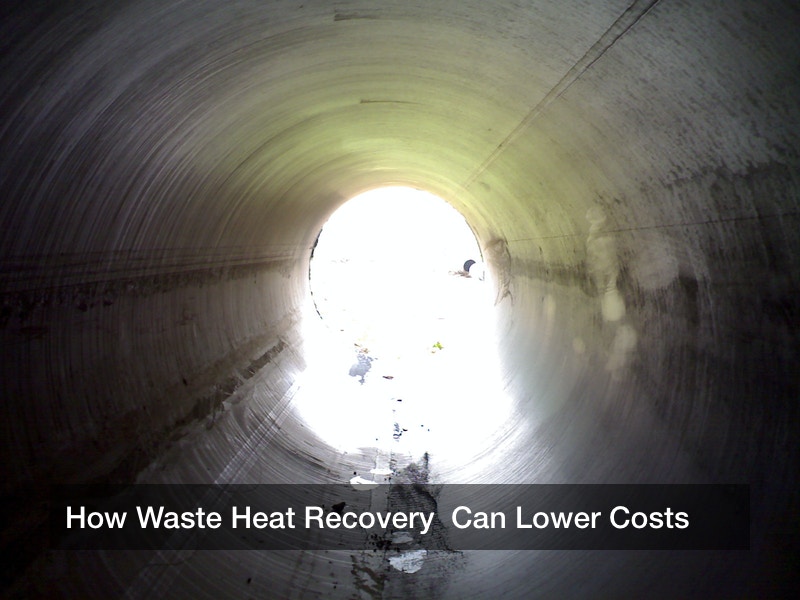
Heat exchangers are used in a number of essential industrial and electrical processes as part of their heating and cooling systems. Power stations, heating, cooling and refrigeration systems, petrochemical processing and refineries and chemical and sewage plants all use heat exchangers. Heat exchangers are also found in the fuel oil heaters in domestic HVAC systems, and keep the processes running safely and smoothly. They can be designed to recover and reuse the waste heat produced during the process, to lower costs and the environmental impact.
How heat exchangers work
Heat exchangers are used to transfer heat between two or more fluids, or between a fluid and a solid or a fluid and a solid particulates. They are classified into three types, depending on the configuration. These are parallel flow or counterflow, cross-flow, and shell-and-tube. Heat exchangers can be customized for each industrial process, and the design can be varied according to the type of liquid, temperature, density, pressure, viscosity etc.
Fuel oil heaters used in HVAC systems also rely on heat exchangers. In fact, they’re one of the most important components of an HVAC system. Heat exchangers are used in processes ranging from nuclear plants to commercial aircraft. In aircraft, the heat exchange process involves using waste energy to heat cold fuel. This avoids wasting the energy and reduces costs. This also makes the design more environmentally friendly.
The importance of thermal management
Heat transfer is essential to all these processes. To avoid wasting the heat energy, many processes now also use heat recovery to capture and reuse the heat. Heat exchanger design can help to cut down costs, and makes the whole process more efficient and environmentally friendly. One design that has been used to for waste heat recovery is a shell and tube heat exchanger.
Shell and tube heat exchangers recover energy from condensates, coolants and flue and exhaust gas streams and use it to heat fluids and vapors. Shell and tube heat exchangers can also be used to recover heat from Diesel engines. Heat exchange systems, whether they’re part of fuel oil heaters or a waste management plant, are necessary to keep the entire system functioning safely and efficiently.
Heat exchanger designs can be modified to recover and reuse waste energy, making the system more cost-effective and environmentally friendly. From Diesel engines to industrial plants to the fuel oil heaters in domestic HVAC units, they keep these essential systems running safely.
